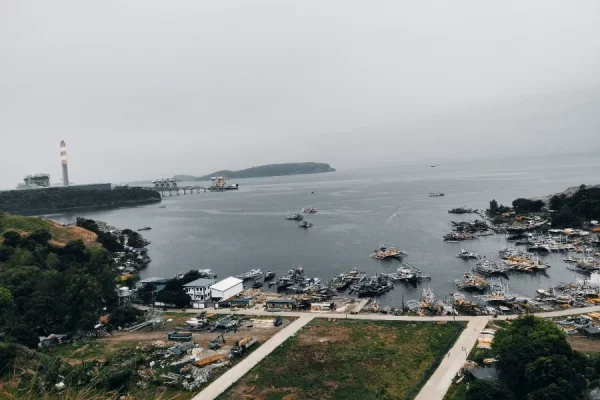The Legal Battle for Manila Bay Legacy
By: C-Help Team
Twenty years ago, on Sept. 13, the Regional Trial Court in Imus City ruled in favor of concerned residents of Manila Bay and directed several government agencies “to clean up and rehabilitate Manila Bay and restore its water […] to make it fit for swimming, ski-diving and other forms of contact recreation.”
Such noble first level court decision was upheld in toto by the Court of Appeals in 2005 and further affirmed in the landmark Supreme Court decision in 2008.
Now, while public and private efforts abound in compliance to the said court decision, Manila Bay is far from being saved especially in the face of new environmental challenges due to quarry activities on its seabed and widespread reclamation.
Although seabed quarrying and reclamation promote business and tourism, these have dire consequences to the marine ecosystem, coastal communities, and fishing industry.
These activities are driving the fishes and other marine organisms away which lead to decreasing fish harvests. Dredging changes the coastal topography and biological habitat of the underwater organisms.
Reclamation causes the Bay to lose its water and resources. It contributes to flooding—which is already a big problem in Manila.
Thus, 20 years later, the words of the highest court in the 1999 case of Concerned Residents of Manila Bay vs. MMDA, et al. are still very relevant. It said:
“At the core of this case is the Manila Bay, a place with a proud historic past, once brimming with marine life and, for so many decades in the past, a spot for different contact recreation activities, but now a dirty and slowly dying expanse mainly because of the object official indifference of people and institutions that could otherwise have made a difference.”
In the last couple of years, some fisherfolks in Bataan did not catch more than a kilo of fish for consecutive days. Although the decline in fish harvest happens for decades, fish scarcity or not catching fish for consecutive days never happened before. The fisherfolk communities suspect that what they were experiencing is significantly connected to seabed quarry and land reclamation activities in Manila Bay, among other reasons, and numerous studies and experts’ opinions confirm their suspicion.
Academically, land reclamation is an urban expansion strategy for coastal areas like Manila Bay. According to its proponents, reclamation expands territories for residential, commercial, and industrial purposes, thus, it creates economic opportunities through massive capital investment, needed jobs and livelihood opportunities. However, Manila Bay reclamation will adversely affect the environment through mangrove cutting, seabed dredging and dumping of soil on the coast, and these costs, for the petitioners and experts, outweigh benefits.
C-Help provides legal assistance to fisherfolks and concerned residents of Manila Bay as they continue the legacy of this landmark case.
JOIN US—as volunteer, supporter or donor—in the legal and policy advocacies to save Manila Bay from the destructive seabed quarrying and reclamation activities.

